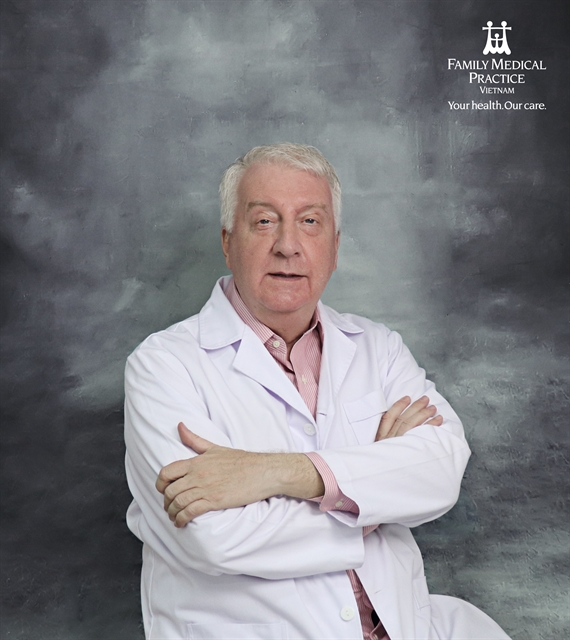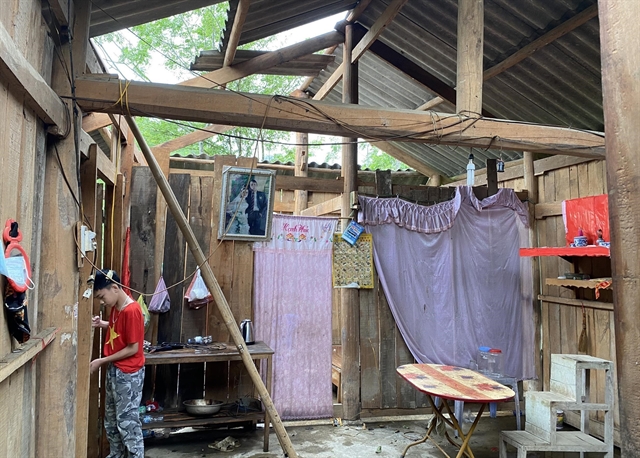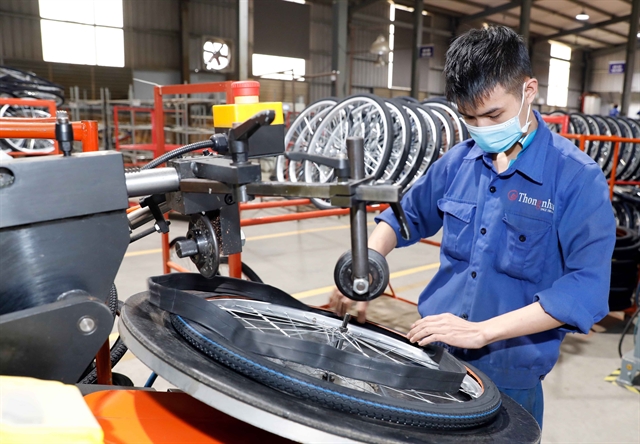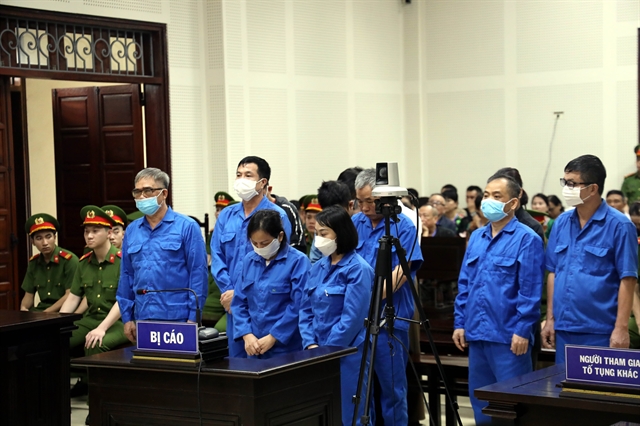 Life & Style
Life & Style

AIDS is the most advanced stage of HIV infection. Once HIV infection develops into AIDS, infections and cancer pose a greater risk.

|
| Dr William Brian McNaull. — Photo courtesy of Family Medical Practice |
By Dr William Brian McNaull*
What is AIDS?
AIDS is the most advanced stage of HIV infection. Once HIV infection develops into AIDS, infections and cancer pose a greater risk.
Without treatment, HIV infection is likely to develop into AIDS as the immune system gradually wears down. However, advances in ART mean than an ever-decreasing number of people progress to this stage.
By damaging your immune system, HIV interferes with your body's ability to fight the organisms that cause disease.
There's no cure for HIV/AIDS, but there are medications that can dramatically slow the progression of the disease. These drugs have reduced AIDS deaths in many developed nations.
Primary infection (Acute HIV)
Most people infected by HIV develop a flu-like illness within a month or two after the virus enters the body. This illness, known as primary or acute HIV infection, may last for a few weeks. Possible signs and symptoms include: fever, headache, muscle pain, sore throat, rash and swollen lymph glands
These symptoms can be so mild that you might not even notice them.
The transition from HIV to AIDS
HIV destroys CD4 T cells — white blood cells that play a large role in helping your body fight disease. The fewer CD4 T cells you have, the weaker your immune system becomes. You can have an HIV infection for years before it turns into AIDS. AIDS is diagnosed when the CD4 T cell count falls below 200 or you have an AIDS-defining complication.
AIDS presentation
Thanks to better antiviral treatments, most people with HIV in the West today don't develop AIDS. Untreated, HIV typically turns into AIDS in about 10 years.
When AIDS occurs, your immune system has been severely damaged. You'll be more likely to develop opportunistic infections or opportunistic cancers.
The signs and symptoms of some of these infections may include:
How HIV spreads
To become infected with HIV, infected blood, semen or vaginal secretions must enter your body. This can happen in several ways:
NB. You can't become infected with HIV through ordinary contact.
Complications of Aids
A. Infections common to AIDS
B. Cancers common to AIDS
C. Additional Complications
Prevention
There's no vaccine to prevent HIV infection and no cure for AIDS. But you can protect yourself and others from infection.
To help prevent the spread of HIV:
* Living in Hà Nội since 2006, Dr Brian is presently Medical Director of Family Medical Practice Hà Nội. Graduated in the UK, he has practiced medicine principally in Canada (1981-2005) until coming to Việt Nam. Post graduate medical training includes Cambridge University (Chronic Disease Epidemiology and Biostatistics), University College London (Tropical and Infectious disease) and University of Toronto Hospitals (Hospital for Sick Children – Hematology and Bone Marrow Transplant) and Mt Sinai Hospital (Hepatology – Clinical trials experimental liver/virology unit 1997-2006). He has conducted medical research, worked and lectured in various countries on infectious disease topics, epidemiology and liver disease (Canada, Việt Nam, Cambodia, Philippines). He is also weekly co-host of Radio the Voice of Việt Nam’s (VOV5) ‘Doctor at Home’.
For more advice on any medical topics, visit Family Medical Practice (FMP) Hà Nội at: 298 I Kim Mã, Ba Đình. Tel: (024) 3843 0748. Email: hanoi@vietnammedicalpractice.com.
FMP’s downtown Hồ Chí Minh City location is: Diamond Plaza, 34 Lê Duẩn, District 1; 95 Thảo Điền St, Dist 2. Tel: (028) 38227848. Email: hcmc@vietnammedicalpractice.com
FMP Đà Nẵng is located at 96-98 Nguyễn Văn Linh St, Hải Châu Dist, Đà Nẵng. Tel: (0236) 3582 699. Email: danang@vietnammedicalpractice.com









